With every passing year, people are broadening their horizons with a special emphasis on inclusivity and diversity. Gender fluidity has been spotted on the runway for the past few seasons, and androgynous clothing continues to reign supreme. But the beauty industry is not far behind either. Adding a feather to their cap is Vatika UK, a renowned heritage South Asian haircare brand, with their latest campaign ‘Stronger Roots’ that celebrates real women, gender fluidity and inclusivity. The campaign marks a game-changing effort by celebrating real individuals through the challenges they have overcome. It metaphorically links the strength of their hair to their own inner strength derived from their heritage and strong roots.
To launch their all new Multivitamin + Hair Oil and Product Range, five individuals who have overcome various struggles, join hands by redefining the traditional notions of beauty. Long gone are the days when thin, tall, fair were the only indicators of beauty, and concealing ageing and greying was a norm. With the campaign Vatika UK aims to overcome the defying gender stereotypes like overcoming illness; embracing grey hair in an ageist and superficial world; and celebrating gender fluidity in a heteronormative society to empower every individual.
“I’m excited about this campaign, which shows Vatika going a step further in engaging with our consumers. Vatika proudly recognises these individuals all have different motivations, aspirations and hair needs and don't always look the same. Therefore, with the #StrongerRoots campaign we want to champion real people, their personal hair stories and experiences and share the meaningful conversations we had with them, which we think so many people will be able to identify with,” shared Roshni Singh, Marketing Manager UK & Europe, Dabur International.
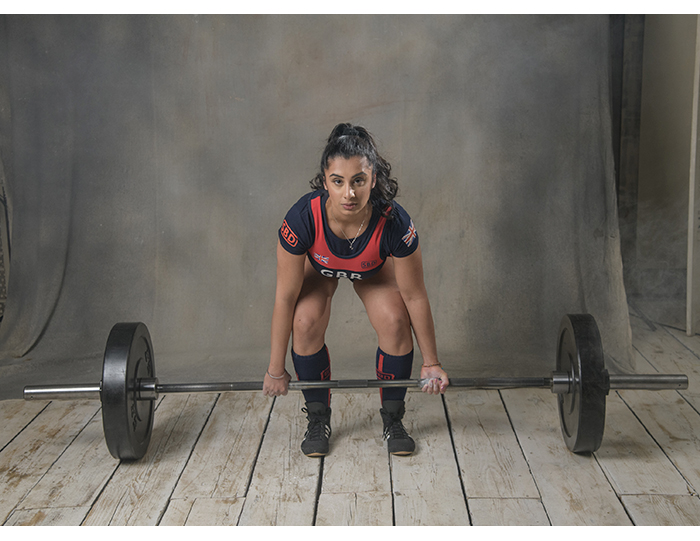
Sharing their story are five strong individuals—female power-lifter Karenjeet Kaur Bains, who defied cultural and gender stereotypes by competing in a male-dominated sport. She was unaffected by the society's perception that associated weightlifting with masculinity, and believed strong is beautiful. In her sport, it's always been important to keep her hair well looked after. She takes pride in her hair and keeps it long because, for her, it's a representation of her culture and heritage.
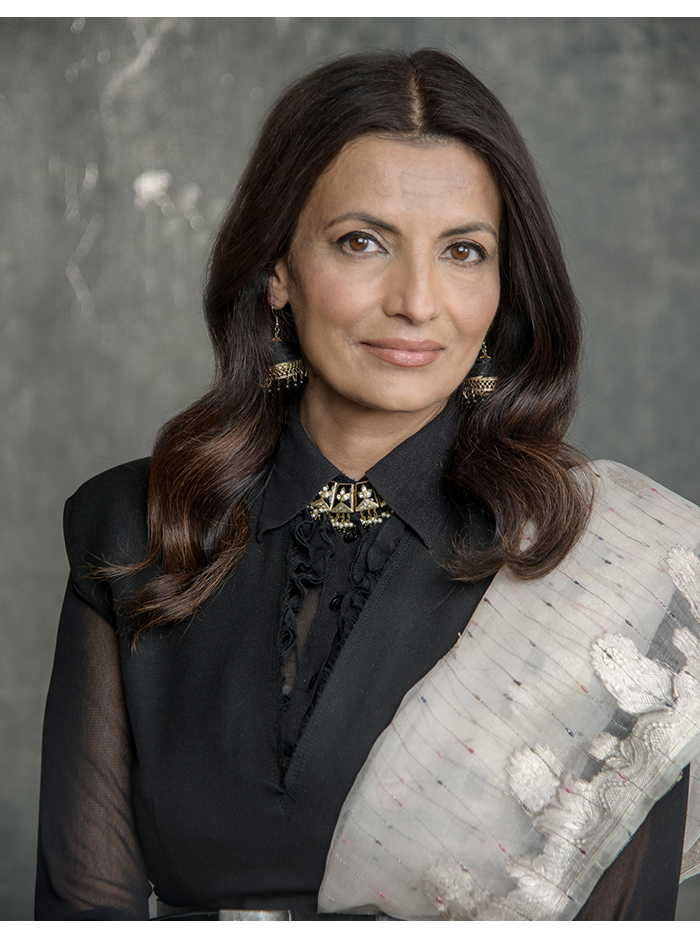
Losing hair during cancer is part of the treatment, and cancer survivor Rani Smith received a varied range of responses that were not as positive as she expected. As part of the healing process, she spent time on haircare and with her hair growing back stronger was symbolic of her physical, mental, and spiritual journey through the healing process. She said “Life weakened me, losing my hair strengthened me.”
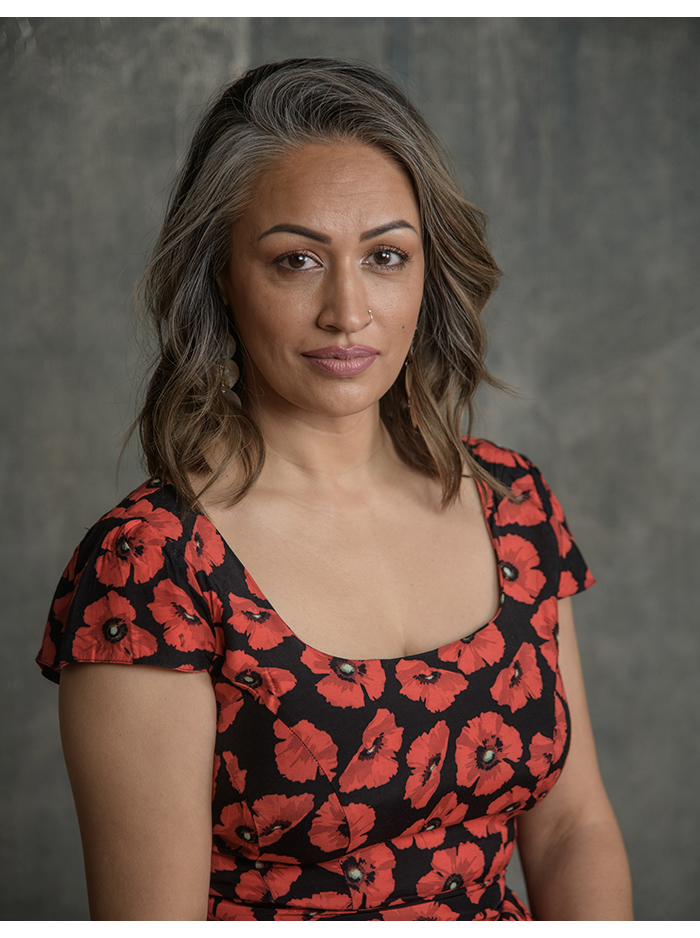
The norms associated with beauty can be very rigid and working in the world of beauty puts an unsaid pressure of looking your best. Makeup artist Huji Hayre has been working in a world that associates going grey with old age and giving up on self-care, but Hayre challenged ageism and started embracing grey hair showing the world that it's natural beauty. The move was personally liberating and widely inspiring.
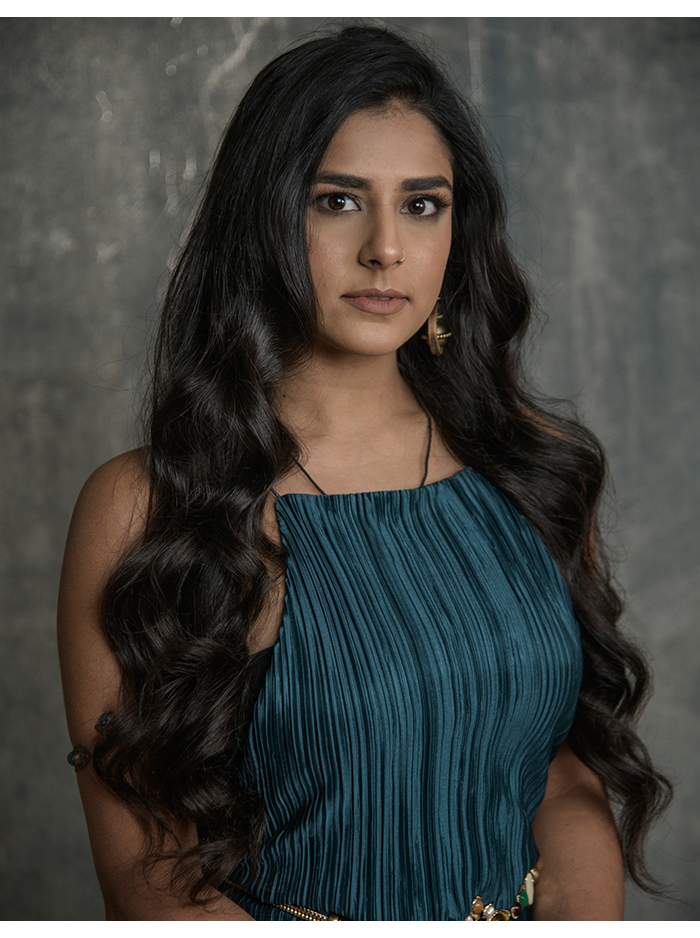
A corporate worker, Henika Patel faced a feeling of loss of identity when her hair started falling out during treatment for malaria. In the rat race of the corporate world, the way your hair is styled is an indicator of one's identity. As she re-evaluated life, she realised she wanted to move along a different path that of a yoga teacher, and ever since she hasn't cut her hair. For her, cutting it represented trying to fit into a world in which she didn’t spiritually belong.
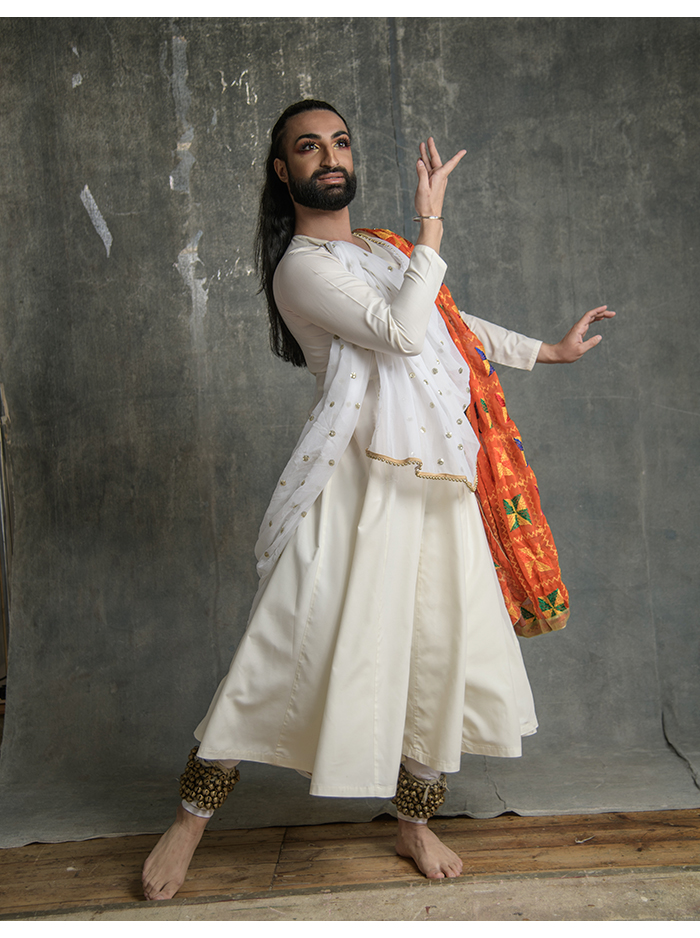
Choreographer, dancer and performance artist, Raheem Mir identifies as non-binary, gender fluid, androgynous. For the longest time long hair had been associated as feminine and growing his hair contributed to a significant part of both, his personal journey in self-embracement and a powerful statement of his queerness. Today, Mir has the full support of his traditional Asian family unit and has become a role model for the South Asian queer community, while normalising gender fluidity within a wider, socio-cultural context.
These powerful individuals show us that no matter how many stereotypes you're faced with you need to keep pushing, believe in yourself and always strive for a better world. And eventually, the world will accept you for who you are.